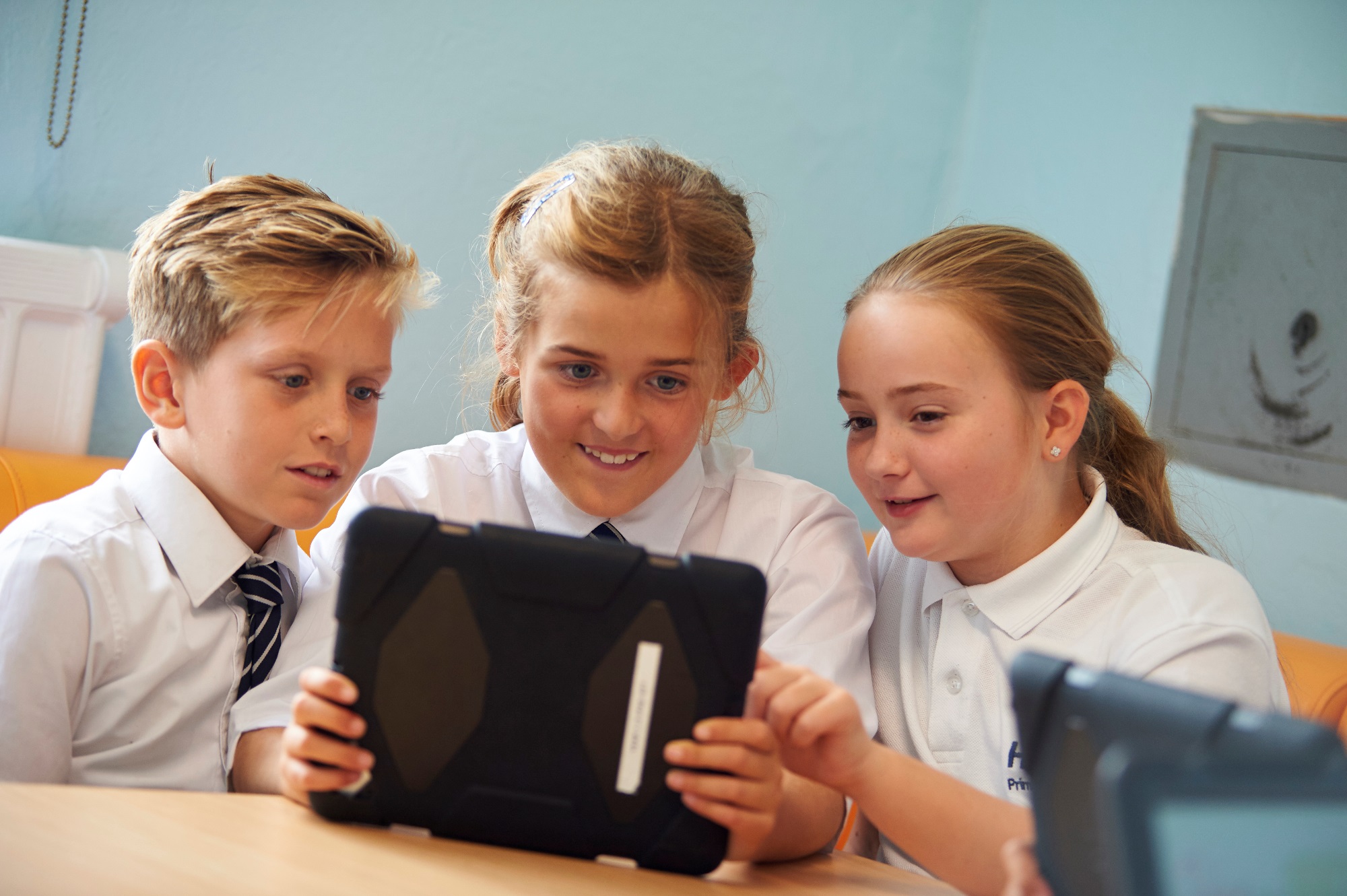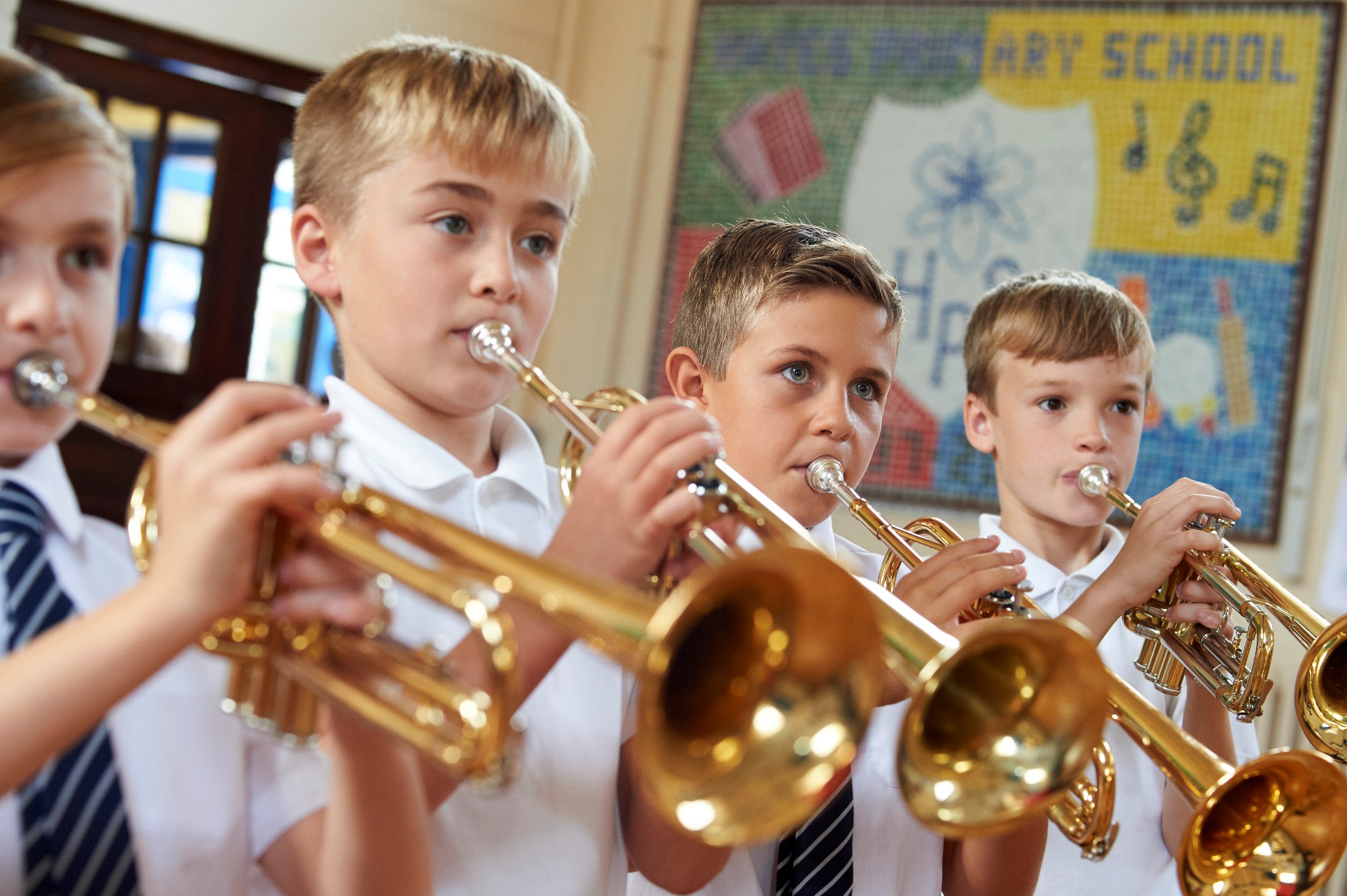Science
It is our aim that each child should develop a positive and enthusiastic attitude to Science to cultivate pupils’ enjoyment and interest in Science and an appreciation of its contribution to all aspects of everyday life, today and in the future. Each child will become more aware of and able to use scientific approaches and methods. Children will be given opportunities to develop their scientific understanding of the world and their skills of investigation, including, observation, measuring, predicting, hypothesising, experimenting, fair testing, communicating and interpreting.
We strongly believe the best way to learn about Science is through hands-on investigation, so children can develop their understanding of the nature, processes and methods of science through a range of scientific enquiries that can help them to answer questions about the world around them.
Our key priorities for teaching and learning in science.
- Children enjoy their learning and are engaged and inspired.
- Children take the lead and investigate and make discoveries for themselves.
- Children ask questions that deepen their understanding.
- Learning links to real life experiences, including the local environment and other subjects.
- Children learn from their mistakes and explore concepts practically.
- Children are taught the correct scientific vocabulary.
- Learning is shared across the school.
- High quality resources are available to support learning.






